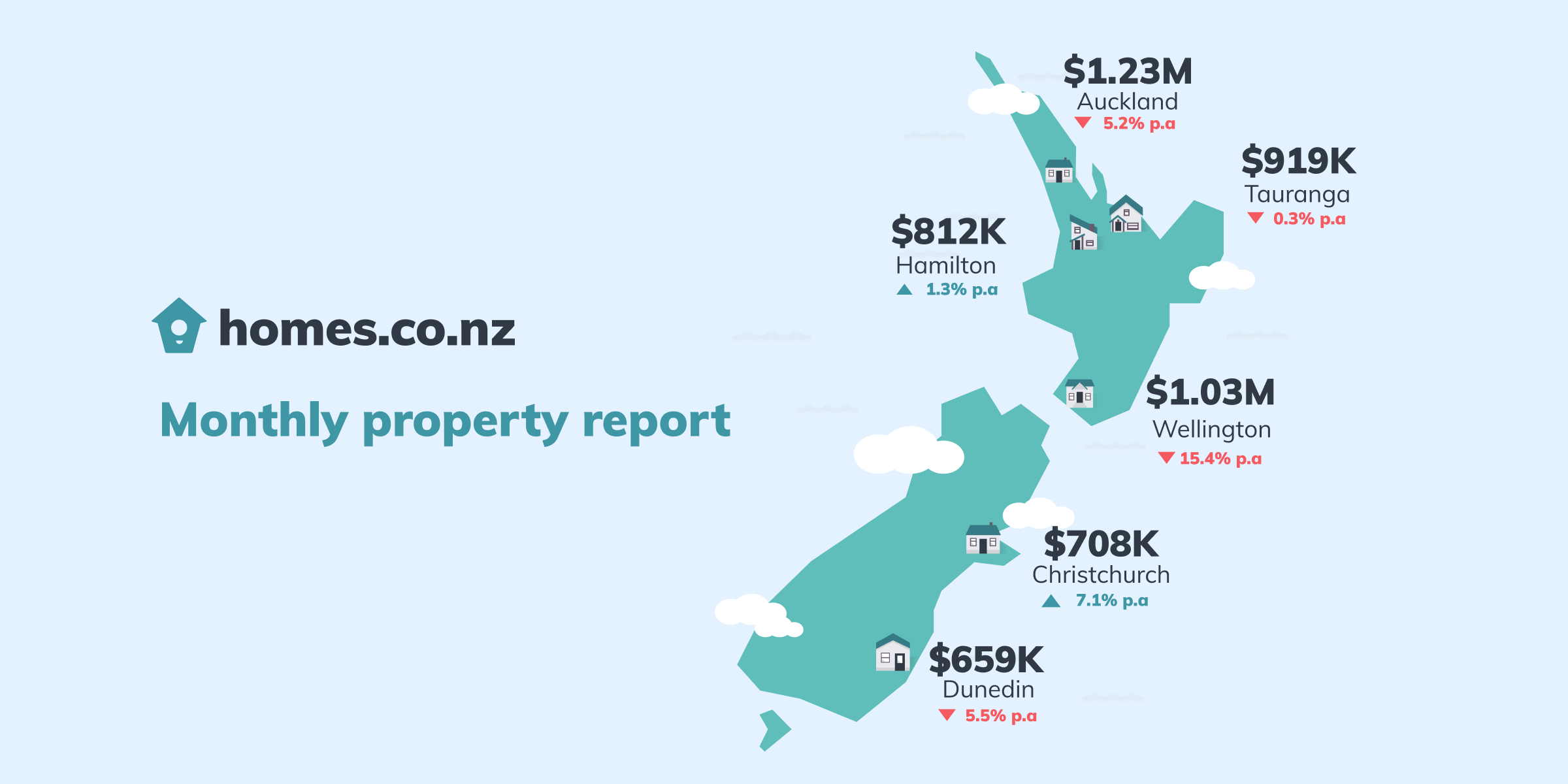If you’re thinking of buying a house without getting a LIM report, you might want to reconsider your game plan. The short-term gain on your wallet could lead to long-term pain!
It pays to learn all you can about a property you’re keen on. A Land Information Memorandum (LIM) is a report prepared by the local council at your request. It provides a summary of the current property information held by the different departments at council on the day the LIM was produced. However, be aware that it does not provide all information on the property. For example, if the council hasn’t been notified of a weathertightness issue with the property, it won’t show on the LIM.
A LIM provides information about some or all of the following:
- Stormwater or sewage drains
- Any Heritage New Zealand protection
- Special land features such as erosion or flooding
- Any rates owing on the land
- Permits, building consents or requisitions, and other certificates previously issued by the local council or building consent authority
- Zoning – how the land may be used and any conditions that apply
- Any notices to the council by any statutory organisation that has the power to classify land or buildings for any purpose
- Any notices to the council given by any network utility operator under the Building Act
- Any other information that the council thinks is relevant.
How can I get a LIM report?
Your lawyer or conveyancer can help you get a LIM or you can get it yourself from the local council. Ask them for an application form or apply via the council’s website. You will need to pay a fee, and the process may take several days. Your lawyer or conveyancer can help you understand the report.
Can I get the information I need without applying for a LIM?
Your council may allow you to inspect its file on the property, which shows plans and consents, for a small fee. However, they won’t then be liable for any information that may have been withheld. Be aware that the property file is unlikely to show information such as zoning and flooding areas, and a LIM is unlikely to include the original property plans (but the Council property file will). Some Councils will provide information like zoning and flooding areas on their website.
The advantage of paying for a LIM is that the Council will be responsible if the information provided is inaccurate and damaging. A LIM also helpfully packages all of the relevant information together, instead of you having to research everything individually yourself.
Do I really need a LIM report?
Difficulties arise where works have been completed without council consent or where people have failed to obtain a final code of compliance certificate. Councils may not be able to give retrospective consent for un-permitted or un-consented works. A LIM condition in a sale and purchase agreement means you can check whether any work on the property has been given consent before you agree to buy the property. If the LIM shows there was no consent granted for some work done, you can either try to negotiate with the seller to see if they will fix the problem, or you can back out of the agreement.
Likewise, it gives you an out if the report uncovers any potential issues such as flooding and instability, and other natural hazards.
How much does a LIM report cost?
Contact your local Council to find out how much they charge for a LIM report. All things considered, purchasing a LIM report is a small price to pay for extra piece of mind!
How long does it take to get a LIM report?
Contact your local Council to find out how long they take to process a LIM report. Fast-tracking may be possible for an additional fee. It’s best to check out timeframes before you submit an offer, so if you’re making your offer conditional on a LIM you know how much time to allow for in your condition.


